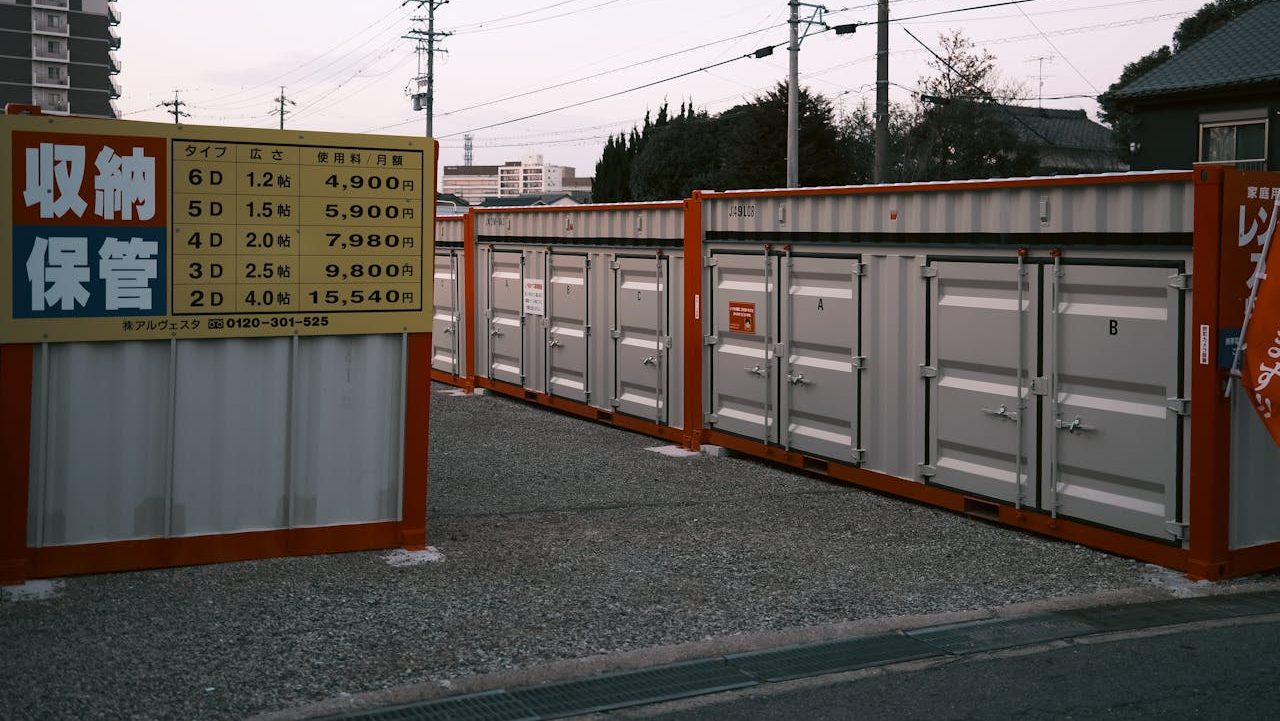SINGAPORE: A growing trend in Singapore, demand for self-storage has surged. Originally catering to people relocating or needing temporary storage, the self-storage industry now serves a wider range of customers, including collectors and businesses seeking flexible space options.
A case in point is Jian Yang. To accommodate his growing collection of 13,000 Barbie dolls, the 45-year-old, who runs an advertising agency, turned to self-storage, renting two units in Eunos to store over 1,000 of his dolls.
“I built my house around my collection, but space ran out,” Yang told The Straits Times, noting the increasing importance of self-storage for people with expanding collections or limited living space.
Yang was among the first customers of Storefriendly, a self-storage facility that opened in Eunos in 2019.
Storefriendly CEO Jes Johansen highlighted that their facilities provide personalized storage solutions, emphasizing features like air conditioning, security, and racking systems for individual customers, while businesses can also access work-friendly amenities like Wi-Fi, meeting rooms, and areas for live streaming or customer interactions.
Johansen added that in recent years, more businesses have used self-storage as an active service, regularly accessing their items for daily operations.
To meet rising demand, Storefriendly plans to expand its storage capacity by 50% over the next two years, aiming for a 20% market share. This reflects a broader trend in Singapore, where the self-storage market has seen significant growth.
According to a report by JLL for the Self-Storage Association Asia (SSAA), business users now account for 40% of self-storage customers, up from 26% in 2023.
The overall market’s occupancy rate has also reached 82%, surpassing the regional average. Factors contributing to this growth include rising housing costs, the expansion of e-commerce, and greater awareness of self-storage services.
Despite a slight increase in rental rates, which have risen by around 2%, prices remain below the regional average. In response to the growing demand, self-storage operators are diversifying their services.
StorHub, Singapore’s largest provider, recently introduced online booking for all 18 of its facilities. StorHub has seen a 5% year-on-year growth in its customer base, with an occupancy rate of 82% and more than 2.1 million sq ft of storage space.
Experts like Alan Cheong from Savills Singapore predict continued growth in demand, particularly from businesses seeking small spaces that traditional warehouses cannot accommodate.
The high turnover rate of businesses may also increase demand for temporary storage as owners close their operations but still need space for equipment or unsold inventory.
However, the industry faces challenges, including regulatory hurdles. The SSAA’s chairwoman, Helen Ng, noted that the expansion of self-storage facilities has been delayed due to a review by JTC Corporation, which manages much of Singapore’s industrial land.
JTC is assessing the long-term impact of expanding self-storage and balancing manufacturing needs with rising storage demand.
The outcome of JTC’s review, expected by March 2025, could have significant implications for the future of the self-storage sector in Singapore, especially with concerns about rising operating costs and potential changes to lease renewals.

